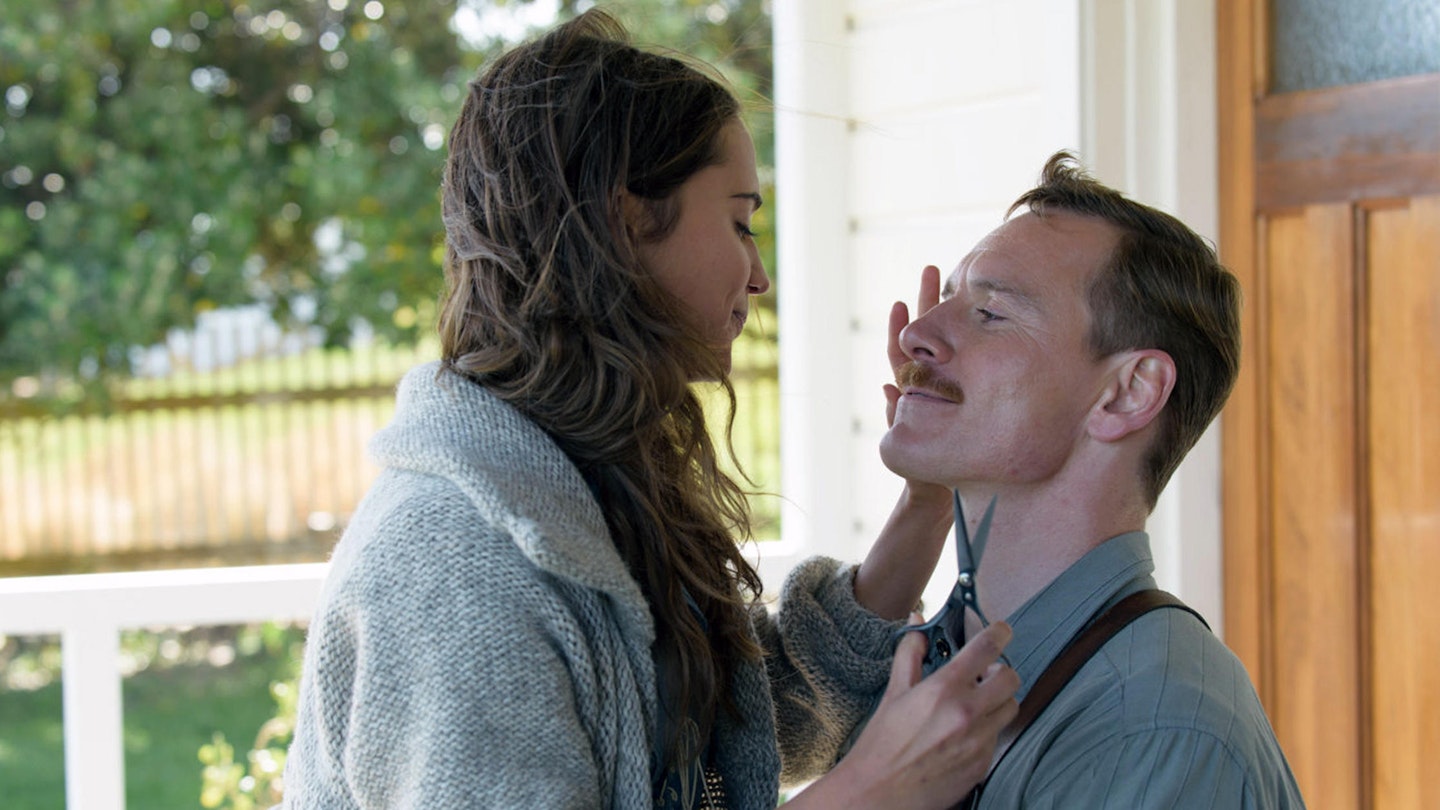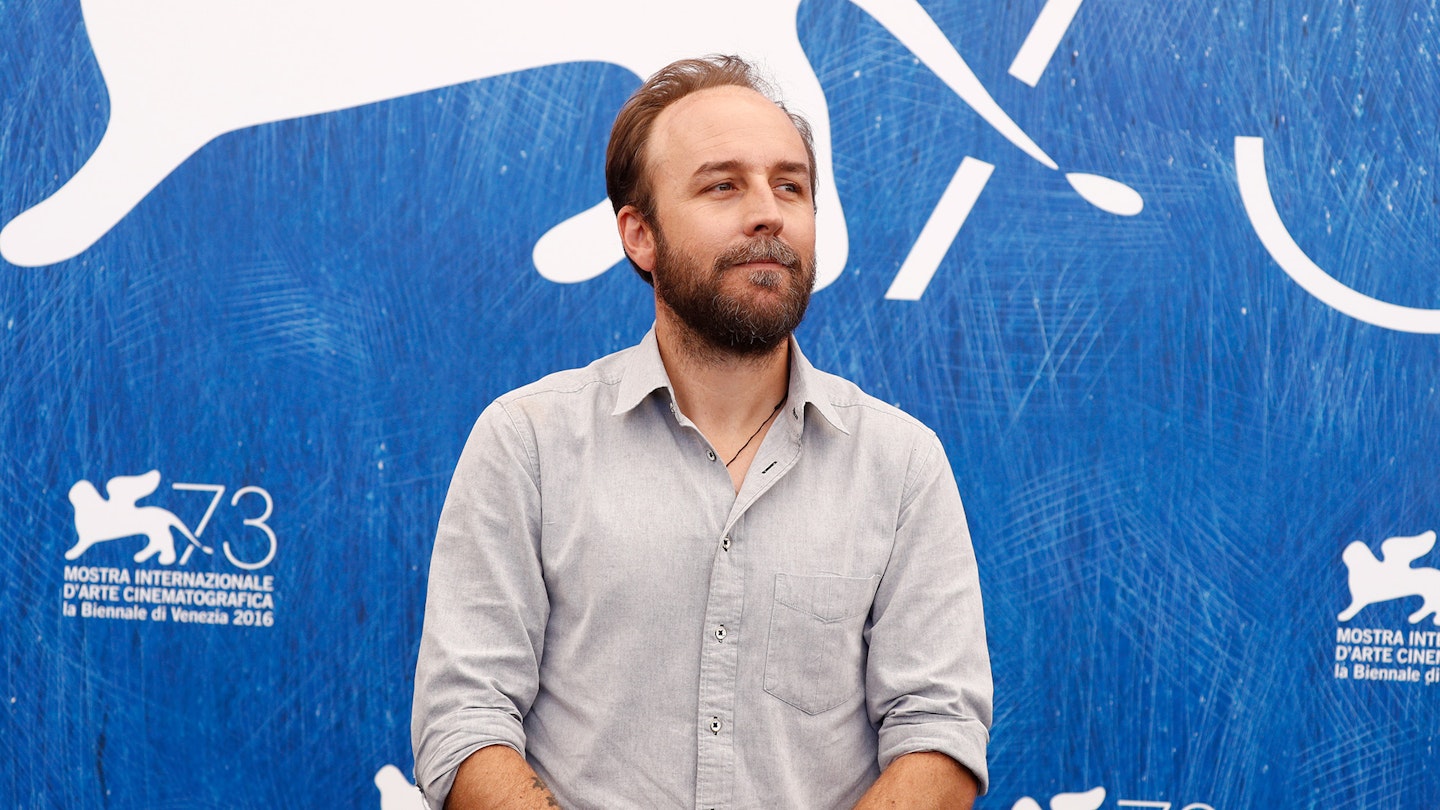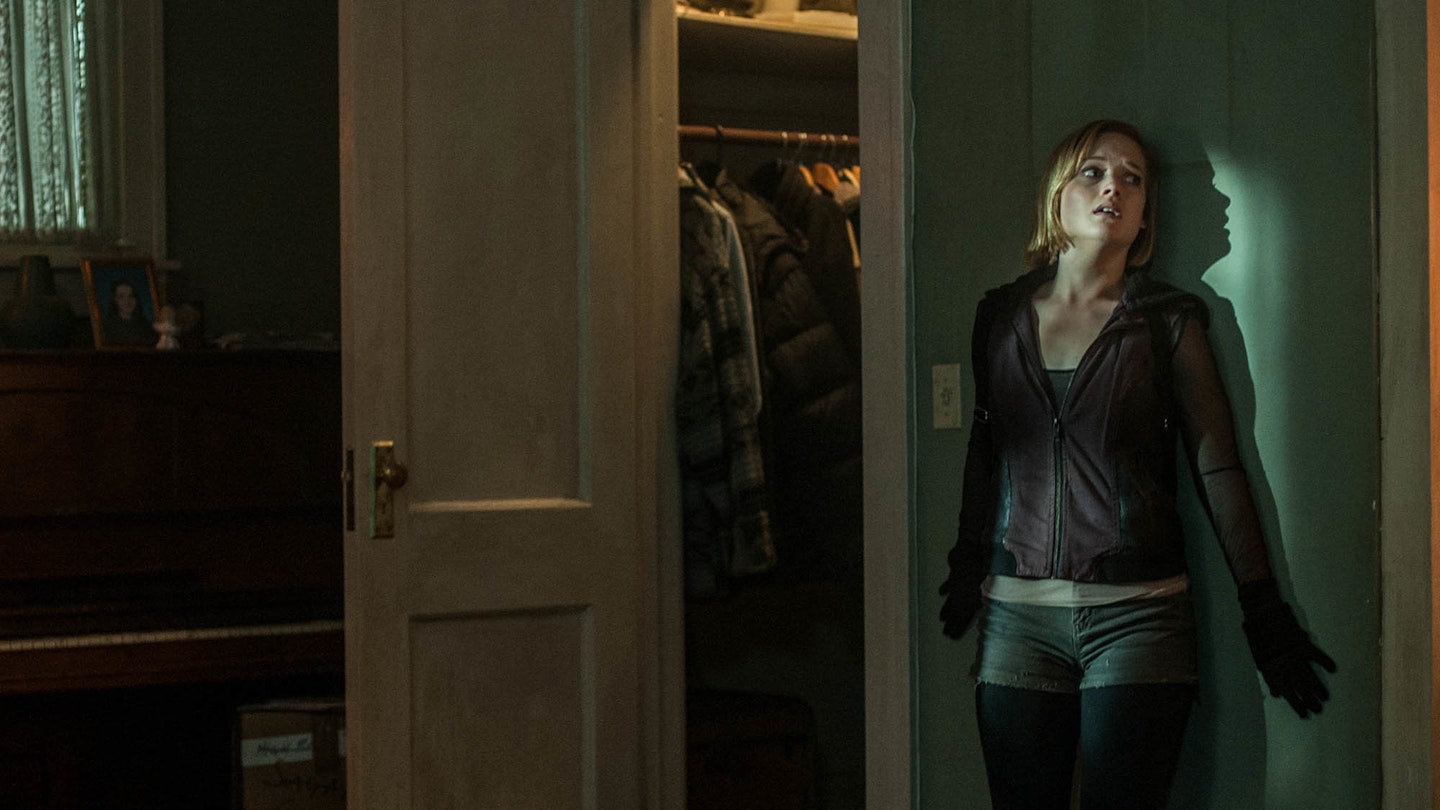Perhaps Surprisingly given he made Blue Valentine, the latest drama from Derek Cianfrance is an unashamedly romantic affair. Set at the end of World War I, it stars Michael Fassbender and Alicia Vikander as a couple beginning their life together off the coast of Western Australia. Pairing those two actors together is undeniably smart casting — they’re a terrific team and the film’s greatest strength.
Vikander puts in an absorbing performance as Isabel, the sparky small-town girl who spies an escape when the handsome new lighthouse keeper is invited to tea — and wastes no time trying to prize him out of his shell. He’s buttoned-up, resistant, still nursing psychological war wounds, but her persistence pays off. It can’t hurt that she’s clearly the best catch in town, too.

Much like he did in The Place Beyond The Pines, Cianfrance takes his characters to dark places before bringing them back up for air — scarred, but wiser.
And so the film starts as an engrossing portrait of a likeable couple in the first flushes of love, playing house and making love to the soundtrack of the crashing waves below them, all shot beautifully by cinematographer Adam Arkapaw. But things don’t stay perfect forever, becoming darker and harsher as Isabel’s desire to become a mother becomes more urgent. This burning maternal desire leads the pair to make a fateful decision — one that will haunt them for the rest of their lives.
It begins when a boat carrying a baby washes up on the beach. This looks like fate to Isabel, but Tom soon discovers the child’s true identity and, even worse, that her real mother (Weisz) is still alive. Clearly, this presents him with a terrible dilemma — keep the stolen child from its natural mother, or betray his wife. Fassbender comes into his own here as his character wrestles with his conscience while trying to protect Isabel, who’s now blissfully happy with a child she is calling her own. It’s an initially gripping scenario: lives will be ruined whichever way he decides to go, so the stakes are high.
It’s also here that audiences may become divided as the film changes tack: morphing from the intense romantic drama it started as into a twist-driven melodrama. As the third act rumbles on, there’s something undeniably frustrating about the choices the characters make — as though they’re based less on realistic human decision-making and more on adding twists to the narrative. The result is that rather than being lost in the story you become more aware you’re being manipulated by a writer.
But there is always the possibility of redemption and hope, both for the characters and the film. Much like he did in The Place Beyond The Pines, Cianfrance takes his characters to dark places before bringing them back up for air — scarred, but wiser. And by the end, despite the contrivances that got us there, it’s a hardy soul who won’t leave feeling moved.






